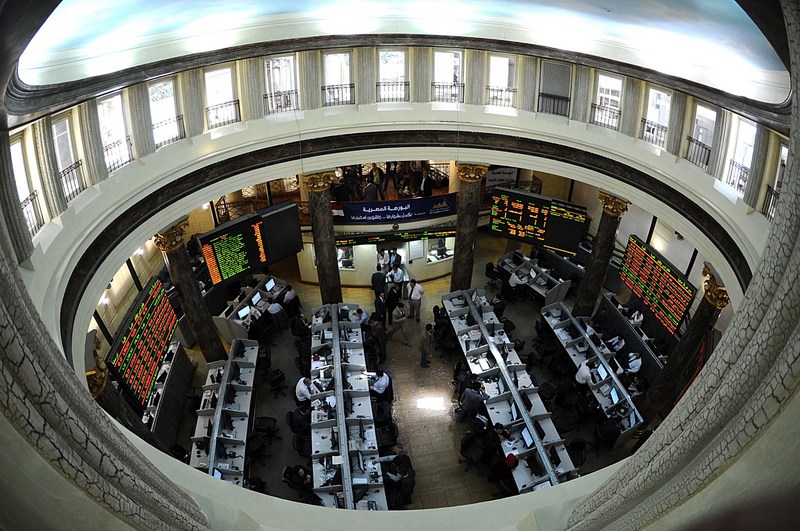Minister of International Cooperation Rania Al-Mashat met with Mona Al-Marri — Director-General of the Government of Dubai’s Media Office and Vice President of the Gender Balance Council — on Monday.
The meeting covered a number of projects implemented by Egypt in terms of gender equality and various cooperation files between both countries.
Al-Mashat stressed the continuation of coordination with the UAE to implement the directives of the political leadership of both countries, thus maximising benefits and achieving common interests.
Moreover, Al-Mashat applauded the ties between the two countries and emphasised her commitment to increasing cooperation with development institutions for economic growth.
Furthermore, she said that Egypt was the first country to provide a woman-specific response during the coronavirus pandemic through the National Council for Women (NCW).
The minister added that the country scored first place in the Middle East and West Asia in terms of policy measures according to the UNDP COVID-19 Global Gender Response Tracker.
Al-Mashat also referred to the ‘Closing the Gender Gap Accelerator’ that was launched by her ministry, the World Economic Forum, the NCW, and the private sector.
She also explained that this is the first-of-its-kind public-private collaboration model in Africa and the Middle East that aims to help governments and businesses take decisive action to close economic gender gaps.
Aiming to increase women’s participation in the labour force, close gender gaps in remuneration, advance more women into management and leadership positions, and hardwire gender parity in the future of work, the accelerator is built to take proactive action to advance women’s economic empowerment.
For her part, Al-Marri, noted that there are many future opportunities for cooperation in light of the common vision shared by both countries, applauding Egypt’s efforts in empowering women and working towards gender equality across sectors and jobs — a key part of Egypt’s 2030 Vision and sustainable development goals (SDGs).
Additionally, Al-Marri presented an introduction on the Gender Balance Council that was established in 2015 under the directives of Sheikh Mohammed bin Rashid Al-Maktoum as a government entity focused on developing and implementing the gender agenda in the UAE.
One of the council’s main objectives is to reduce the gender gap across sectors and jobs, including leadership positions. She also explained that the council is headed by Sheikha Manal bint Mohammed bin Rashid Al-Maktoum.
She added that the council is continuing its efforts through the UAE’s 2022-2026 Gender Balance Strategy that was announced last March.
The strategy includes four main pillars: Economic Participation, Entrepreneurship, and Financial Inclusion; Wellbeing; Projections; and International Partnerships and Leadership.
Furthermore, Al-Marri said that there are broad prospects for cooperation with Egypt on the gender file and that cooperation on potential opportunities will enhance the strategic partnership, exchange knowledge and experiences, and advance implementation of the SDGs.


